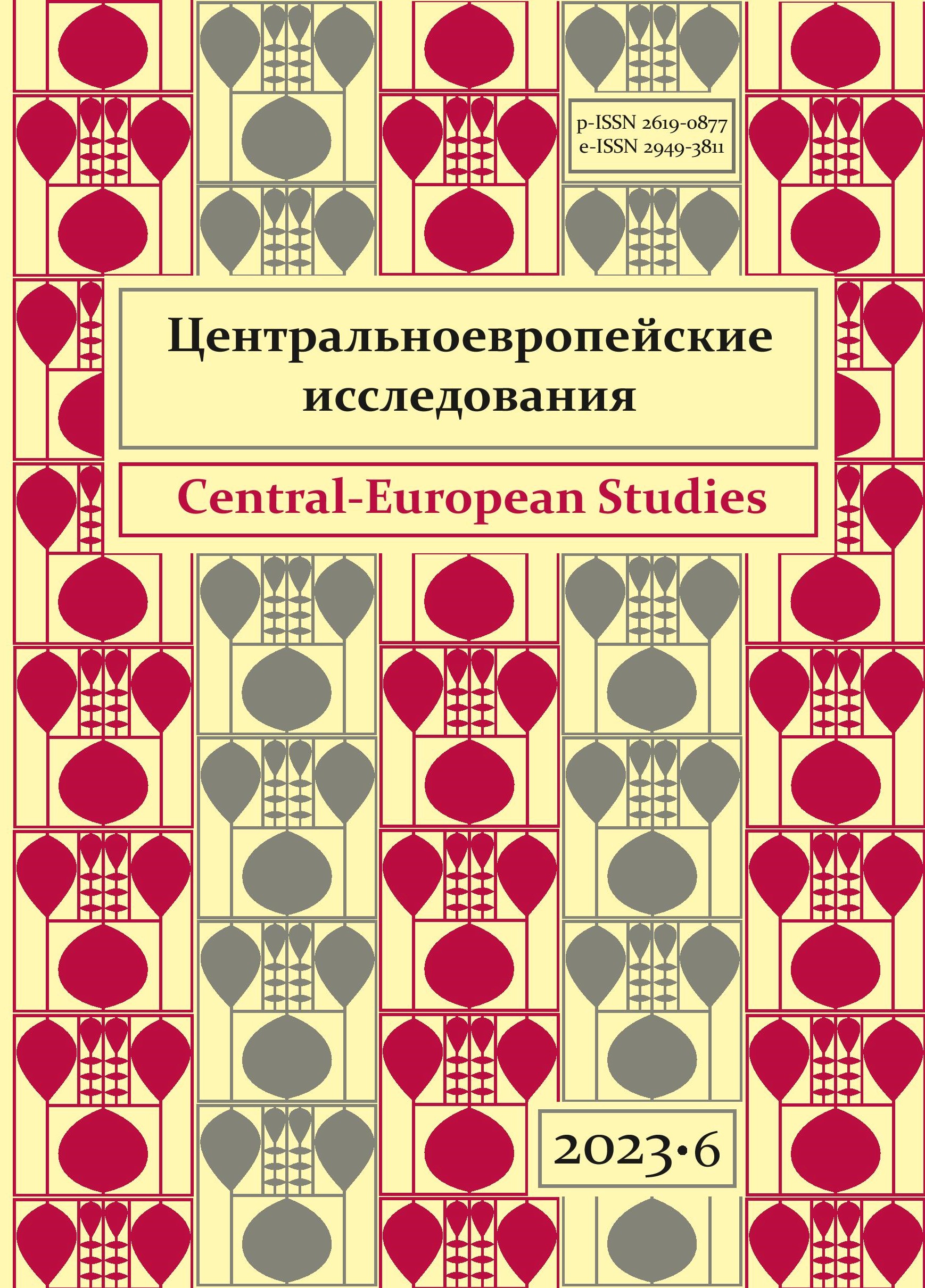Family Resemblance: The Zrínyi Brothers Identities
DOI:
https://doi.org/10.31168/2619-0877.2023.6.1Keywords:
Zrínyi family, early modern Kingdom of Hungary, baroque literary genealogies, early modern national identitiesAbstract
Brothers Miklós Zrínyi (1620–1664) and Péter Zrínyi (1621–1671) were two significant politicians and poets of the early modern Kingdom of Hungary. They
not only succeeded each other as Bans of Croatia (one of the highest positions in the Kingdom), but represent a peculiar chapter in the history of European Baroque literature. Both authors wrote a heroic epic about the history of the siege of Szigetvár in 1566, and the tragic death of their great-grandfather, Miklós Zrínyi. In the nineteenth century, they turned into important figures of the identity discourses in both Croatia and Hungary. This article focuses on two areas where different visions manifested and where the changes in the visions can be documented: the different versions of the genealogy of the family and the linguistic and ideological differences between the two epic poems. Their originally common agendas diverged over time. Péter abandoned his first attempt at translating the epic (which would have closely followed the Hungarian version in many respects), and instead his finished version reflects his new linguistic-poetic agenda, which aimed at the unification and standardization of Croatian dialects. After the death of Miklós, he replaced the legends of Northern descent (propagated by his brother), with those of Illyria. Both revisions served the same aim. Instead of reforming the Hungarian political system, they aimed at establishing an imagined Illyrian community, which shows how these seventeenth-century baroque literary genealogies and epic poems can be seen as precursors to nineteenth century national ideologies.



